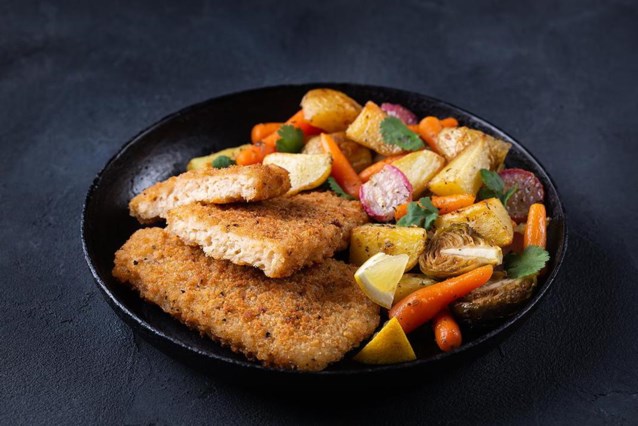Of the 22 alternatives to tuna, fish sticks and salmon that the Dutch Consumers’ Association analyzed, only three turned out to be a full-fledged fish substitute. Unfortunately, the taste of those three could not convince the tasters.
The Consumers’ Association investigated the nutritional value of 22 fish substitutes from supermarkets and a vegan webshop. Only three turned out to be a full-fledged fish substitute. This is due to the addition of algae (oil), which contains the same healthy omega-3 fatty acids (EPA/DHA) as in fish. Five others advertise the claim ‘With omega 3 fatty acids’, but added another fatty acid: ALA. This is less effective, although the body can produce a small amount of fish fatty acid from it itself. The other 14 were ‘failed’ due to too little or no omega-3 fatty acids. Nine products also contain too little protein and six contain too much salt.
READ ALSO: Why replacing red meat with chicken is not the best choice if you want to live more sustainably (and other misunderstandings)
“In addition to positive health effects, eating fish also has worrying aspects,” says Consumers’ Association director Sandra Molenaar. Consider heavy metals, dioxins and PFAS in some fish species, or overfishing. “It is good that manufacturers are coming up with alternatives. But if they do not contain the healthy properties of fish, they add nothing.” (krs)

